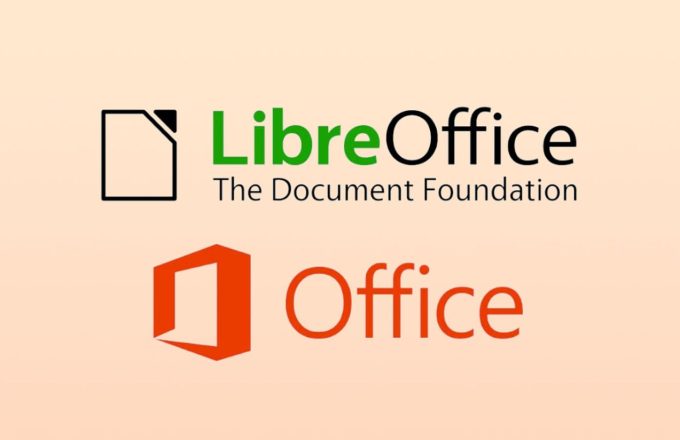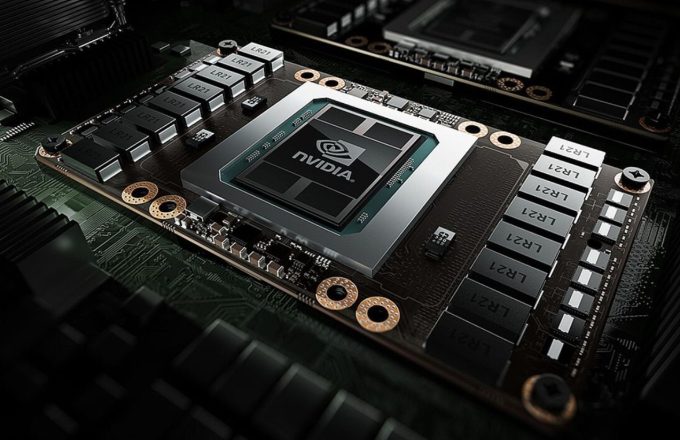Chinese company High-Flyer shook up the artificial intelligence (AI) market at the end of January with the launch of DeepSeek, an open-source platform that quickly gained attention for its performance and accessibility. However, what truly stirred debate in the industry was the reported cost of training the model: just $5.6 million — a figure that, three months on, remains met with skepticism.
Despite doubts, DeepSeek has raised a provocative possibility for its rivals: that cutting-edge AI models can be trained at a fraction of the budgets used by giants like OpenAI, Google, or Anthropic. Now, another Chinese tech heavyweight appears to be following suit. Alibaba claims it has developed a training system that slashes costs by up to 90%, a shift that could have major implications for the industry.
At the core of this strategy is ZeroSearch, a technology that replaces real-time interaction with commercial search engines during training with internal simulations. This approach sidesteps the high costs associated with querying commercial platforms like Google. According to Alibaba, sending 64,000 queries via Google’s API costs approximately $586.70, while generating equivalent responses using a 14-billion-parameter in-house AI model costs just $70.80 — a clear 88% reduction.
In essence, Alibaba’s engineers seem to have developed a model that functions like a self-contained search engine, capable of training other AI systems to handle queries without relying on external infrastructure. The implications are significant: smaller companies may soon be able to train their own AI models without investing massive sums.
Alibaba has already begun applying this approach to its Quark model, which, according to the company, has—just three days ago—gained the ability to combine internet search with advanced reasoning to deliver accurate answers to complex queries. If proven effective, ZeroSearch could mark a turning point in the effort to democratize high-level AI development.




















